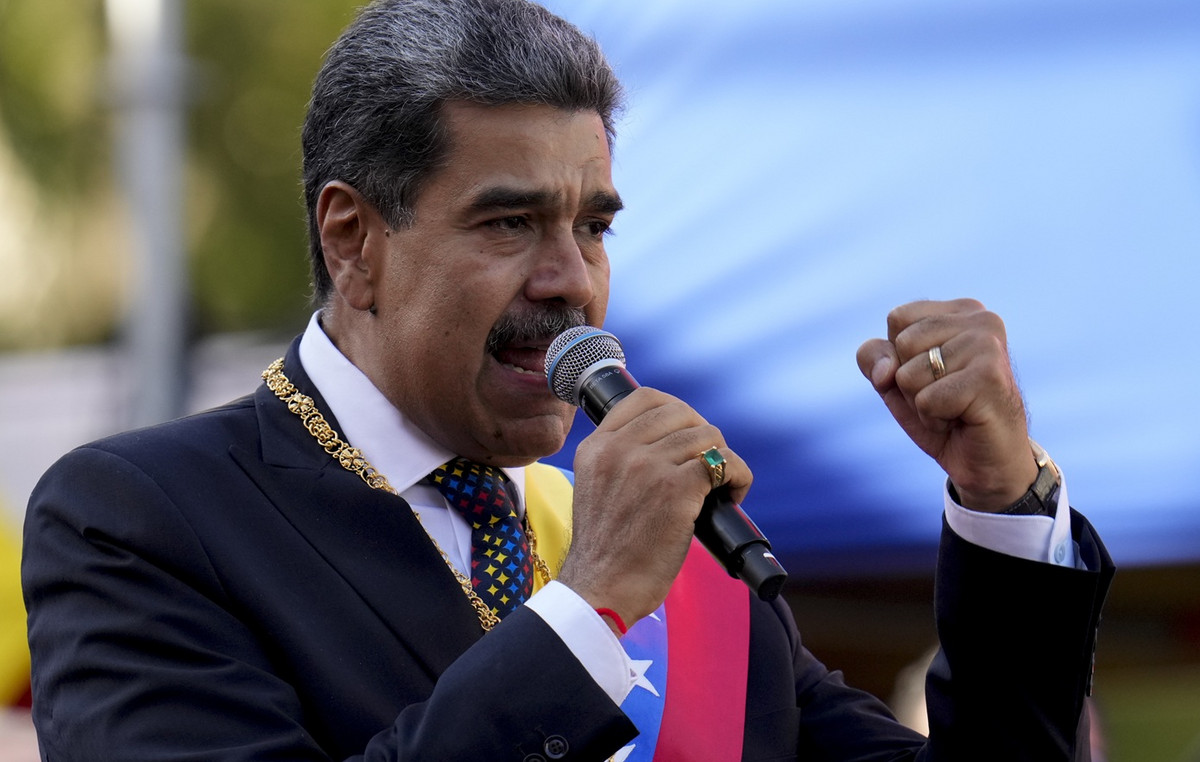Under discussion in the National Congress for at least three years, the tax reform that unifies already existing taxes on operations of goods and services may get off the ground with the elected government and with the new composition of the Chamber of Deputies. But not without facing important obstacles that have been impeding the progress of the discussions, according to specialists consulted by the CNN 🇧🇷
“I believe in the possibility of walking even in the first months of 2023”, says economist and former secretary of economic policy at the Ministry of Finance, Bernardo Appy, one of the fathers of PEC 45/2019, stopped in the Chamber since last year.
In addition to it, there is also PEC 110/2019, which was born in the Senate and was also paralyzed, despite having been announced as a priority this year by the Constitution and Justice Commission (CCJ). The idea of the parliamentarians was to unify the two proposals, as they follow similar lines, in a joint commission established in 2020.
Despite the discussions being postponed, the two proposals are mature, according to Appy, and are in line with the intentions of the Luiz Inácio Lula da Silva government. The president-elect’s team has reaffirmed the issue as a management priority on several occasions.
“No one has any doubts that the system as it is is no longer supported. The point is how to tie up these loose ends to make the reform go through”, says Fábio Nieves, partner in the tax area at Viseu Advogados, member of the Taxpayer Defense Council of the State of São Paulo, former judge of the Tax and Rates of São Paulo (TIT) and former legal director of Fiesp.
The expert points out that the business community has already shown acceptance of a tax along the lines of value added tax (VAT), adopted in most developed countries, and suggested by both PEC 45 and PEC 110.
“If we analyze the reform proposals from Fiesp, CNI, Firjan, etc., they all converge on VAT. The point is: today, calculating the tax, collecting and interpreting the norms, is expensive for the sector”, he analyzes.
One difference between the proposals is that PEC 45 proposes to replace five federal, state and municipal taxes —PIS, Cofins, IPI, ICMS and ISS— with the Service Goods Tax (IBS), while PEC 110 proposes to replace nine taxes —IPI , IOF, PIS, Pasep, Cofins, CIDE-Fuel, Salary-Education, ICMS and ISS—by IBS.
Resistance points continue
Despite the acceptance of a large part of the business community, two fronts that are more resistant to the proposals in progress may still make it difficult to approve a reform along the lines proposed by PECs 45 and 110.
One of them is made up of states and municipalities, which fear the loss of autonomy over their revenues, in the event of a unification of federal, state and municipal taxes. This is because the Union would be responsible for sharing taxes.
About this, Appy considers that the conflict can be dissolved in a renewed political scenario. “There is resistance from large municipalities, although without support from states and small and medium-sized ones. But it is a theme that can be advanced with political capital. The current government would have advanced if it had wanted to, but it didn’t. The expectation is that the next government will, in fact, put political capital to make the approval of this reform possible”, he says.
Another point that can make the proposal move forward in this direction is the separation of federal taxes and other federal entities. Fábio Nieves points out that there are advanced negotiations that suggest this separation.
“This is an obstacle that is delaying the approval of the reform. However, everything indicates that the final proposal is the creation of only one unified VAT for the Union, states and municipalities”, he says.
Payroll exemption
The services sector is another resistant to the unification of taxes as proposed, because it calculates a significant increase in the tax burden. “For businessmen, there will be no tax reform without payroll tax relief. That is, for the sector, it will be necessary to review the taxes levied on this expense”, explains Nieves.
The sector calls for exemption from the payroll with the argument that this is the biggest expense of a company and, unlike the trade of consumer goods, services cannot recover the same amount of credits.
“VAT is a value-added tax that presumes the issue of non-cumulativeness, that is, you have credits of what you buy to use in your activity and then write off with the debts you have. The issue with the service sector is that it does not have that amount of input, because it basically works with labor”, explains the tax lawyer and owner of the Twitter profile “Duquesa de Tax”, Maria Carolina Gontijo.
To try to make progress on the matter, the Minister of Economy, Paulo Guedes, even endorsed the creation of a tax on financial transactions as a counterpart to make the request of the service sector viable. However, as it recalls the extinct CPMF, an unpopular tax criticized by specialists for its cascading effect on the economy, the proposal did not go ahead.
“The challenge is to get all the parties to talk to reach an agreement. The key point is that everyone understands that the reform is for simplification”, says Gontijo.
Source: CNN Brasil
A journalist with over 7 years of experience in the news industry, currently working at World Stock Market as an author for the Entertainment section and also contributing to the Economics or finance section on a part-time basis. Has a passion for Entertainment and fashion topics, and has put in a lot of research and effort to provide accurate information to readers.







